Ethereum is a decentralized, open-source blockchain platform that features its own cryptocurrency, Ether (ETH). It’s like a global computer for everyone, allowing anyone to write and run programs resistant to censorship, downtime, and fraud. Launched in 2015, Ethereum quickly became the second-largest cryptocurrency by market capitalization, and its innovative features have made it a popular platform for various applications, including:
- Smart contracts: These self-executing agreements eliminate the need for trusted intermediaries, potentially reducing costs and increasing transaction reliability.
- Decentralized applications (dApps): From finance to gaming, numerous applications leverage Ethereum’s blockchain to offer secure and transparent services.
- Non-fungible tokens (NFTs): Ethereum is the leading platform for NFTs, representing digital assets like artwork and collectibles with unique ownership and transferability.
Also Read: Ethereum’s Dencun Upgrade Launches on Goerli Testnet, But Hitches Remain
Who are the founders?
Ethereum has eight co-founders, including:
- Vitalik Buterin: The mastermind behind Ethereum’s white paper and a leading figure in the crypto community.
- Gavin Wood: Coded the first Ethereum implementation and later established the Web3 Foundation.
- Charles Hoskinson: Played a key role in setting up the Ethereum Foundation and its legal framework.
What makes Ethereum unique?
- Smart contracts: Ethereum is the first major platform to effectively implement smart contracts, opening up a vast array of possibilities for decentralized applications.
- ERC-20 standard: This compatibility standard allows other cryptocurrencies (“tokens”) to be hosted on the Ethereum blockchain, fostering a thriving ecosystem of diverse projects.
- Ethereum Name Service (ENS): ENS provides human-readable names for crypto addresses, simplifying interactions and improving user experience.
Challenges and future:
- Scalability: Ethereum faces challenges in transaction speed and fees due to high network congestion. Upgrades like EIP-1559 and the Ethereum 2.0 transition aim to address these issues.
- Competition: Other blockchains like Solana and Cardano offer faster and cheaper transactions, posing potential competition for Ethereum’s dominance.
Key Takeaways:
- Ethereum is a foundational technology in the blockchain space, enabling smart contracts, dApps, and NFTs.
- Its open-source nature and innovative features attract developers and users worldwide.
- While facing scalability challenges, Ethereum is actively evolving with updates like the Merge to address them.



